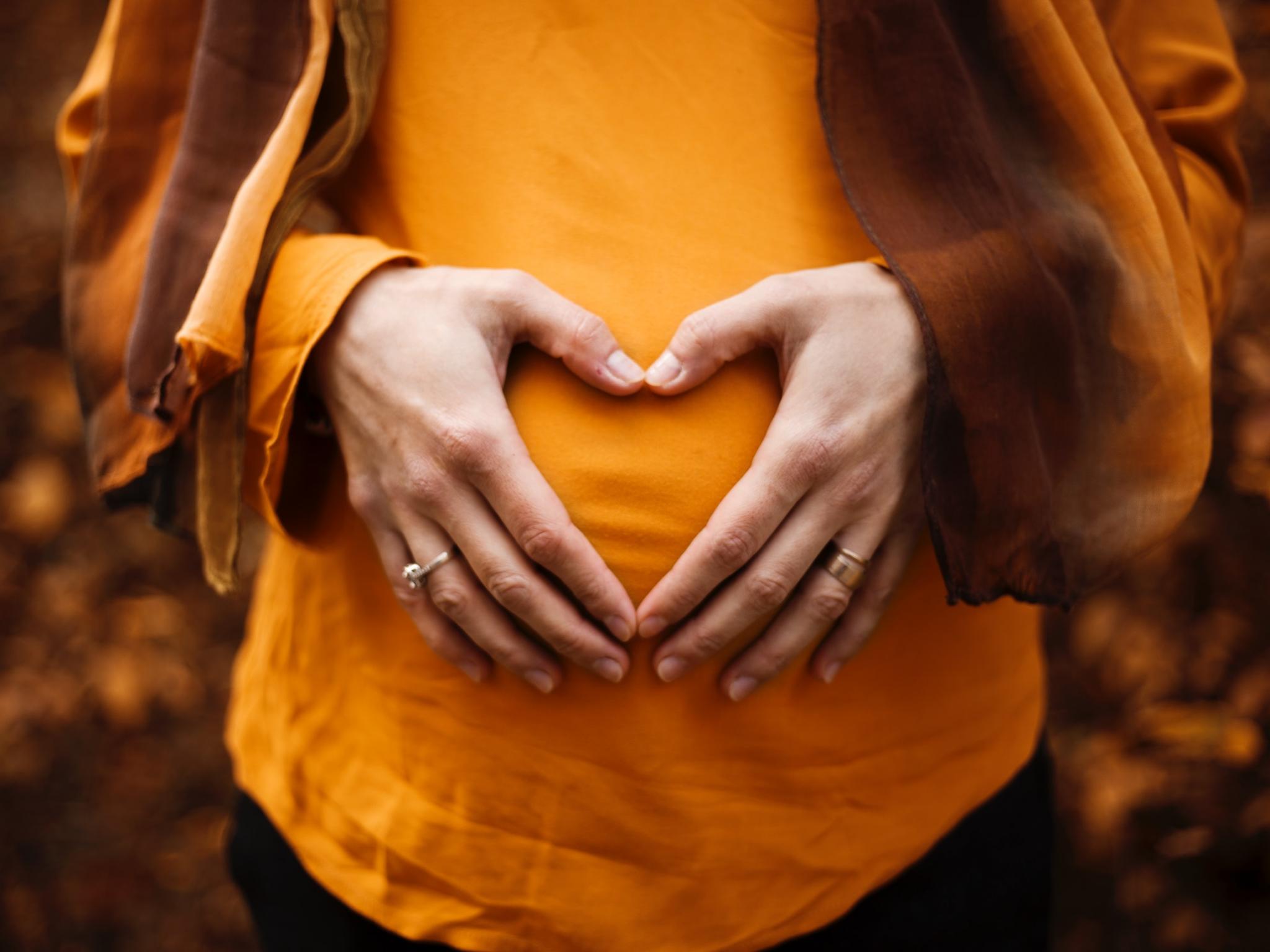
In Michigan, where medical and adult-use marijuana has been legal since 2008 and 2018, respectively pregnant women who consume cannabis to treat their illnesses are still in trouble.
An example is Josey Scoggin, a mother from Kalamazoo who uses a wheelchair and has legally used medical marijuana since she was 14 due to a genetic disability. “I was terrified that not only were they going to take my baby, but they were going to ban me from breastfeeding. My own experience, in 2016, was terrifying."
The day after Scoggin gave birth, a Child Protective Services (CPS) worker came into her hospital room and said, “Josey, I’m not trying to take the baby. This is just a formality.”
While Scoggin's case was officially closed, she said she was left feeling frustrated and sad because her first moments with her infant were tainted by the dread of the CPS investigation. Now, Scoggin mentors expectant mothers who use cannabis.
Michigan Law
In Michigan, doctors or medical staff are required to report mothers who test positive for specific substances, including marijuana, alcohol and a host of illegal drugs, reported MLive Michigan.
State policy requires a report to be written and CPS to be notified if there is any suspicion that a newborn has alcohol, a controlled substance or a metabolite in her/his system.
Support Vs. Punishment
Last year, Michigan doctors and medical personnel filed 5,530 complaints against mothers for possible neglect or abuse as a result of detected or suspected substance use in their babies at birth. However no breakdown of specific substances is available, so it’s unclear how many were marijuana.
"CPS investigations put stress on mothers, who are otherwise fit and responsible, and discourage honest dialogue between doctors and patients," said Scoggin, who believes medical institutions and government agencies are steeped in outdated policies.
Dr. Courtney Townsel, an OB-GYN at Michigan Medicine agreed that there is “certainly more disclosure of THC use in pregnancy.”
Townsel said mothers should be informed that their baby is to be tested at birth, “and if the baby’s stool test comes back positive for THC or any other substance, that’s the trigger for getting Child Protective Services involved to assess the safety and well being.”
If there's a known history of substance use during pregnancy or clinical suspicion exists, a maternal drug screen order is completed, said Rebecca Schultz, director of Women’s and Children’s Services at Covenant HealthCare. This means that the woman’s urine and/or cord blood are tested for 14 different substances.
However, Scoggin said the mothers she's worked with have rarely been explicitly told when their urine was being tested.
“In making that decision, there’s a lot of discretion (...) The cases I see that there is actually a report done usually involve younger mothers, mothers with less income, single mothers and minorities, or any combination thereof,” said Josh Covert, who represented Scoggin and practices CPS and marijuana law.
“The CPS investigations stemming from THC-use are generally brief formalities,” Covert said. “But they also allow the government access to the lives of mothers that lead to greater problems.”
Covert said that because cannabis has been illegal for so long, doctors have little experience now that it is legal.
“They look down on it, they weren’t taught about it in medical school and they see a mother who may fit certain stereotypes that they perceive as someone who won’t be a good mother and that’s when they’ll be more likely to report the THC,” Covert said.
According to a 2020 National Survey on Drug Use and Health, “the number of pregnant women in the U.S. who admitted to using marijuana in the prior month increased by 28% between 2019 and 2020.”
Since 2019, at least 26 women in Oklahoma were charged with child neglect felonies for consuming cannabis while pregnant, recently reported by The Frontier.
Photo: Courtesy Of Alicia Petresc On Unsplash







